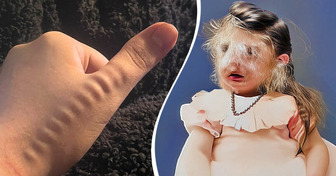A Baby Was Born with a Rare Skin Condition That Confused Doctors for 20 Years — Now He Looks Completely Unrecognizable
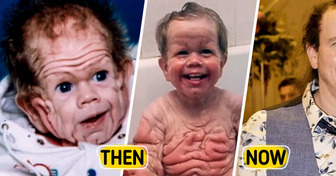
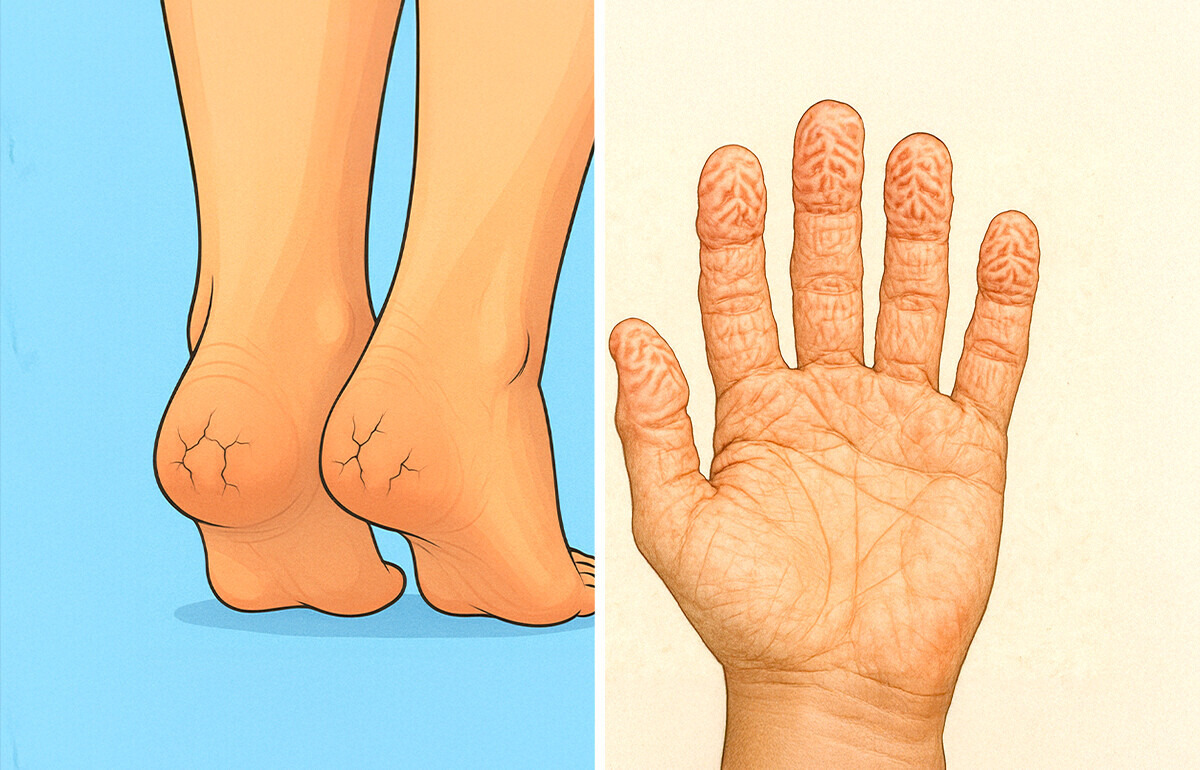
Often our body hints to us about health problems, but we don’t notice it. Any changes in the skin, eyes, nails, or hair can indicate certain diseases. And if you notice them in time and consult a doctor, you can avoid serious consequences.
CONTENT IS PROVIDED FOR INFORMATIONAL PURPOSES ONLY AND IS NOT INTENDED AS A SUBSTITUTE OF MEDICAL ADVICE. SEEK GUIDANCE OF YOUR DOCTOR REGARDING YOUR HEALTH AND MEDICAL CONDITIONS.
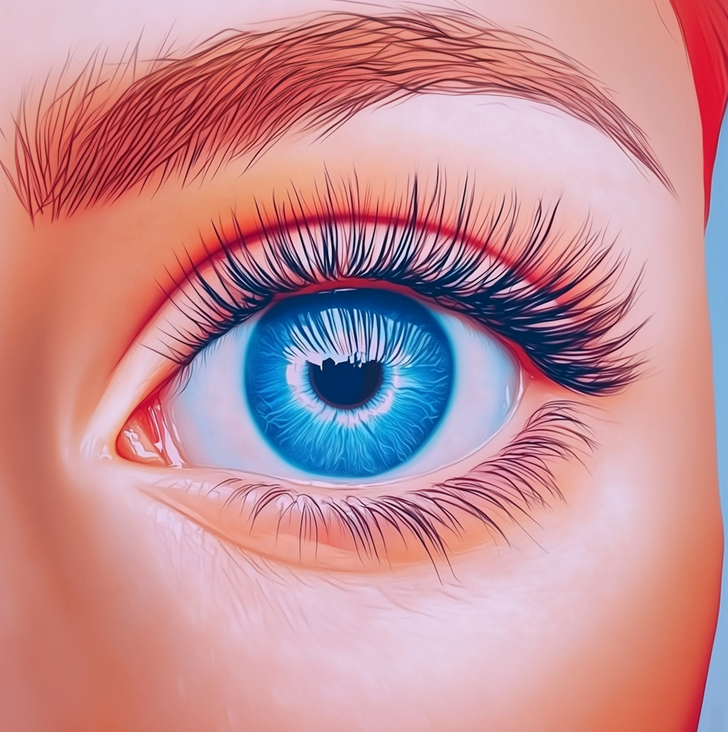
Thick and long eyelashes are a dream for any girl, but excessive eyelash growth is already a pathology. Trichomegaly can be congenital, or it can be caused by a number of serious diseases. Rapid growth of eyelashes can be associated with taking certain medical drugs and may appear as a side effect.
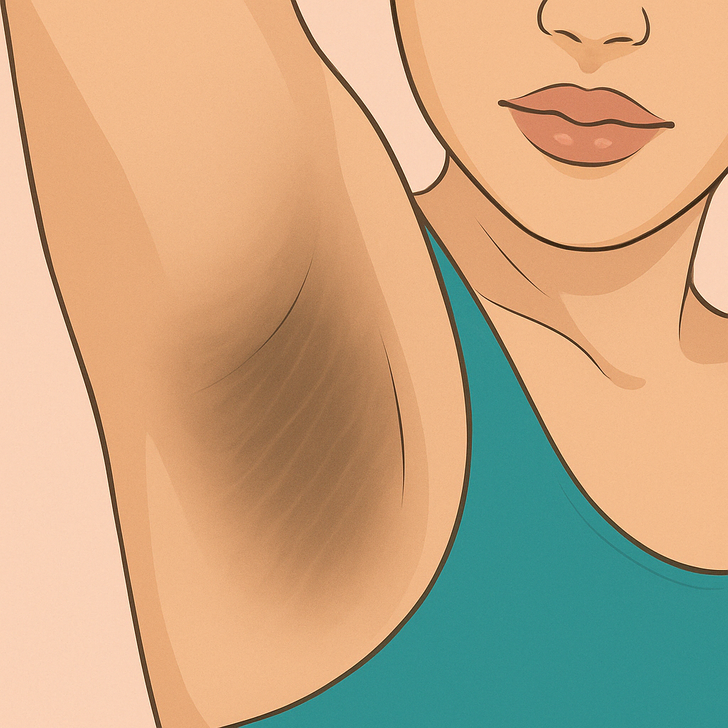
The appearance of dark, thickened skin with a velvety feel—commonly on the neck, underarms, groin, or other areas—can be a sign of prediabetes. This skin condition, called acanthosis nigricans, often serves as an early indicator of insulin resistance or developing diabetes.
While it occasionally occurs in people without any health concerns, it is most commonly linked to issues with insulin sensitivity. If you observe such changes in your skin, it’s essential to seek medical advice for proper assessment and diagnosis.
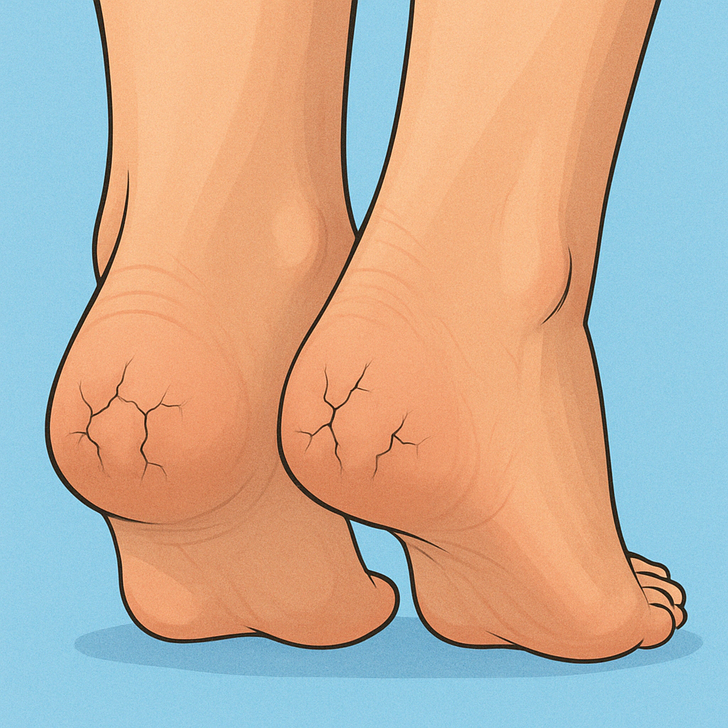
If you notice your heels are cracked, it could be an early warning sign of an underlying thyroid condition. Cracked heels, especially when persistent and accompanied by dry, flaky skin, could be more than just a cosmetic concern—they might signal hypothyroidism, a condition in which the thyroid gland doesn’t produce enough hormones.
This hormonal imbalance can slow skin cell turnover and reduce sweating, leading to dry, thickened skin on the feet. If you’re also experiencing symptoms like fatigue, weight gain, or sensitivity to cold, it may be time to consult your healthcare provider.
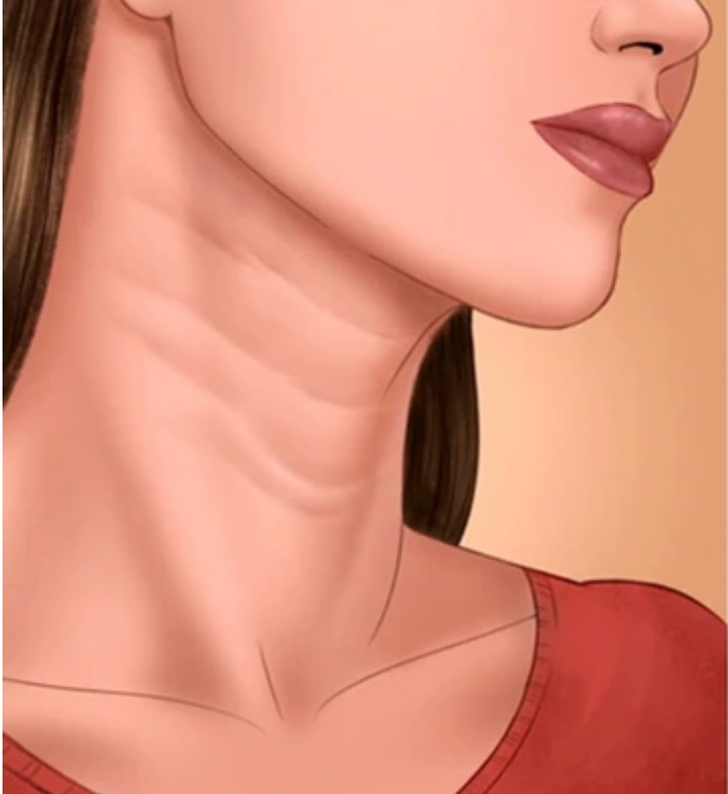
After menopause, a woman’s body produces significantly less estrogen—insufficient to maintain strong and healthy bones. One visible indicator of declining bone density is the appearance of pronounced wrinkles on the neck. These lines could signal that the bones are becoming more fragile and prone to fractures. To help reduce the risk of osteoporosis, incorporating calcium and vitamin D supplements into your routine may be beneficial.
In addition, these neck wrinkles might be hinting at potential issues with thyroid function. If a thyroid disorder is progressing without treatment, it can manifest through physical symptoms—especially around the neck. Beyond wrinkles, dry or flaky skin in that area may also serve as a warning sign to seek medical evaluation.
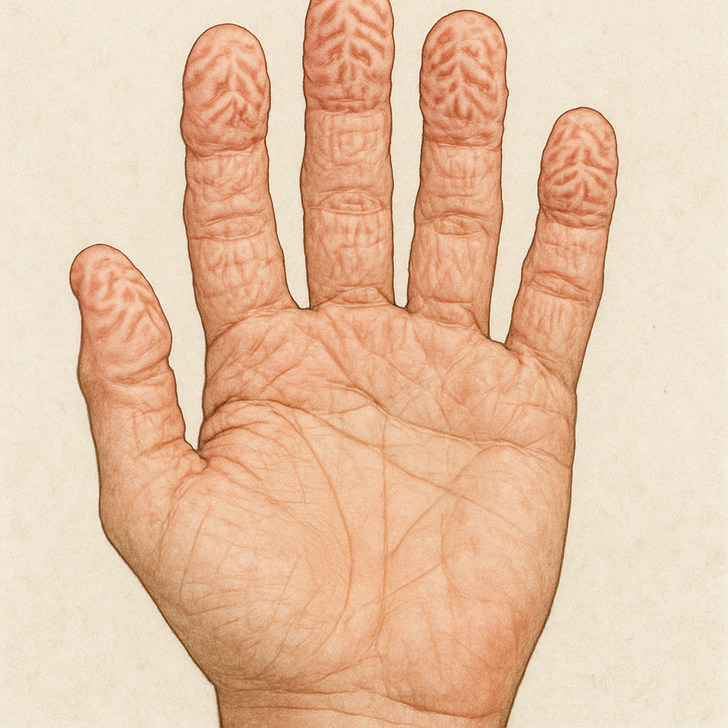
If your hands become wrinkly without prolonged exposure to water, it could be a sign of Raynaud’s disease.
This condition affects blood circulation, causing blood vessels in the fingers and toes to constrict in response to cold or stress. As a result, blood flow decreases, leading to skin wrinkling and color changes—fingers may turn white, blue, or red.
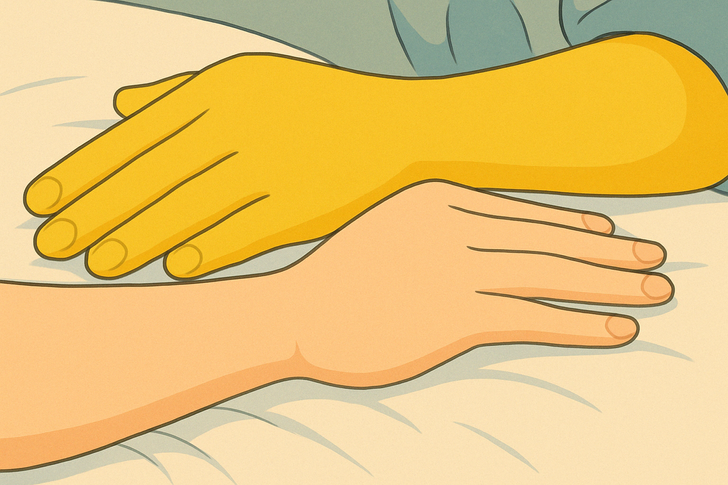
Yellowing of the skin and the whites of the eyes, known as jaundice, may indicate liver problems. This discoloration results from elevated levels of bilirubin, a yellow pigment produced during the breakdown of red blood cells.
When the liver is unable to effectively process and eliminate bilirubin, it accumulates in the bloodstream, leading to jaundice. Other signs of liver disease can include abdominal pain and swelling in the legs and ankles, itchy skin, dark urine, pale stool, fatigue, nausea or vomiting, loss of appetite, and easy bruising.

The eruption of small bumps on the skin may indicate extremely high levels of blood triglycerides, a condition known as hypertriglyceridemia. These bumps, called eruptive xanthomas, are fatty deposits that typically appear on the back, buttocks, chest, and arms.
Early detection and treatment are important to prevent complications like pancreatitis and cardiovascular disease.
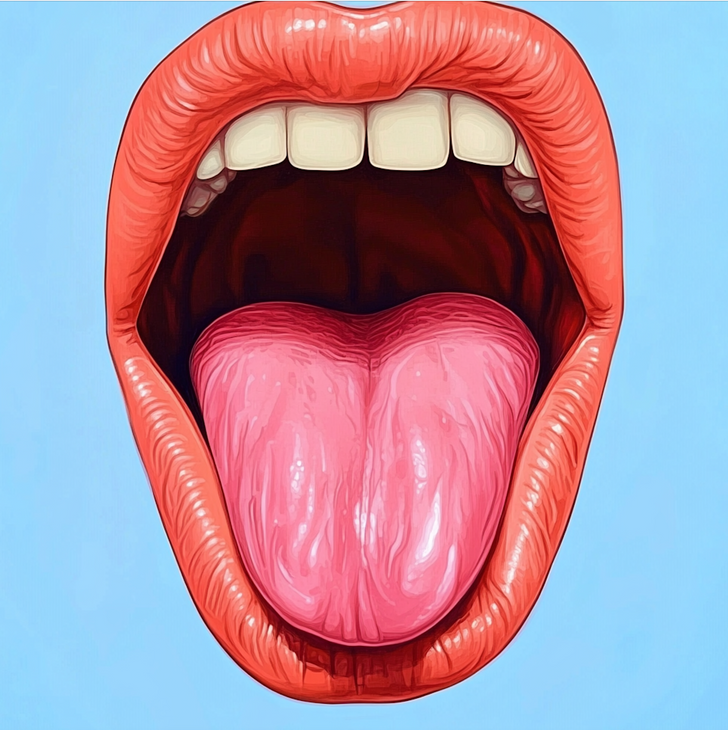
It may not be about spicy or acidic foods at all, but about allergies. Especially if you have tried a new dish or product. This symptom can not be ignored: if the swelling goes to the throat, there may be problems with breathing. If, in addition to a swollen tongue, there is a rash, prolonged coughing, or dizziness, seek help immediately.
And here are 6 Subtle Facial Clues That Can Reveal Serious Health Conditions.








